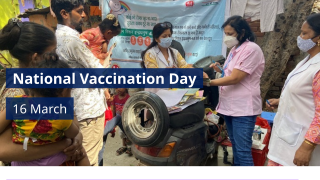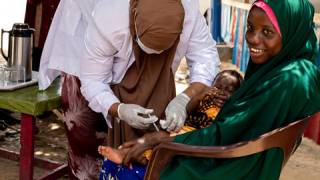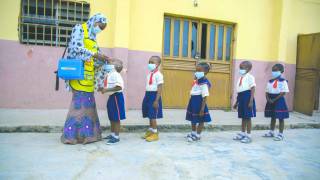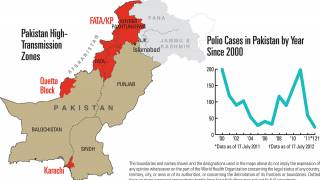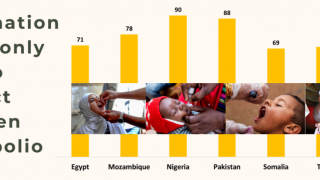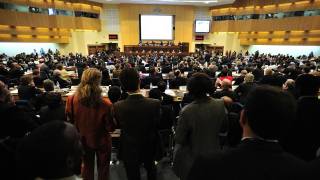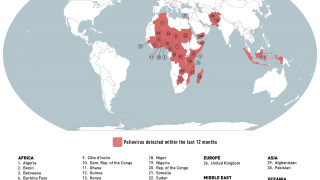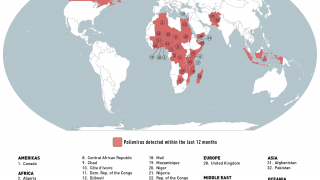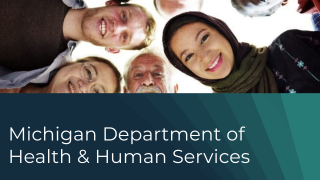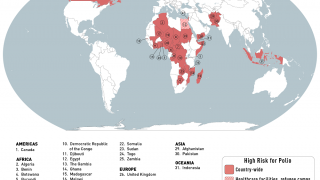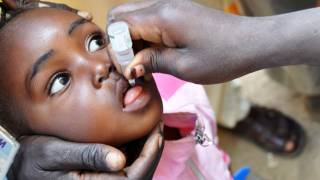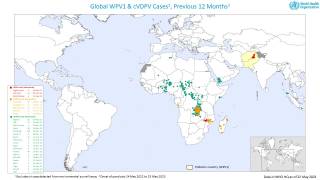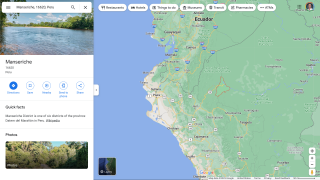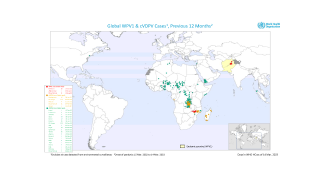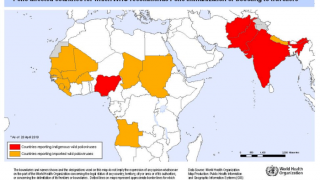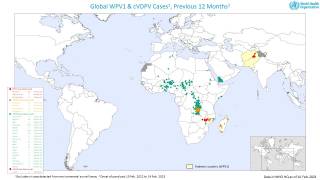4th Polio Case Confirmed in Papua New Guinea
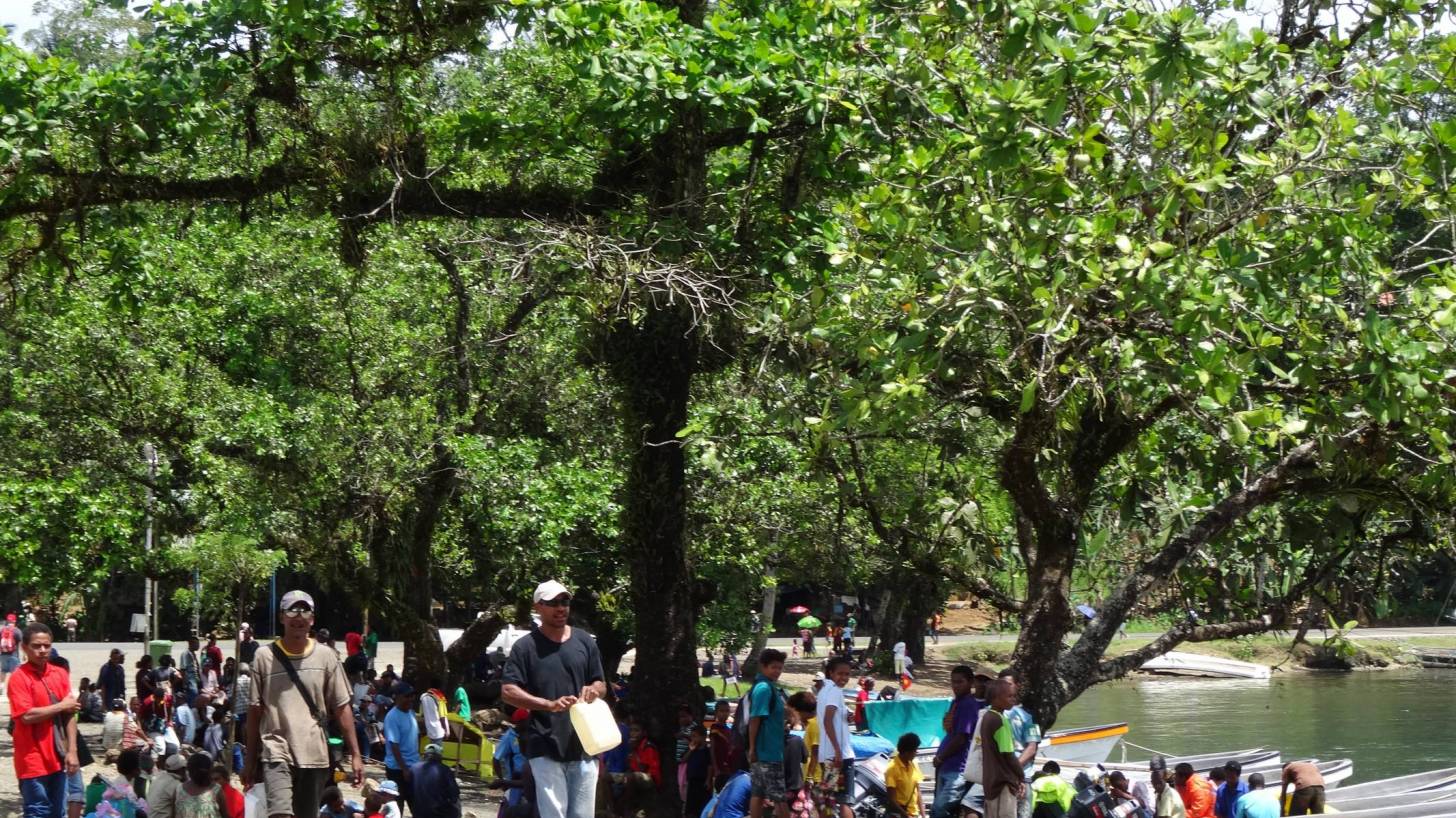
The National Department of Health of Papua New Guinea (NDOH) and the World Health Organization (WHO) today confirmed the 4th case of polio.
Based on initial laboratory results on August 10, 2018, this new case is genetically linked to the 3 previous polio cases in Papua New Guinea (PNG).
To date, there are 65 suspected polio cases being investigated in PNG.
This means that the virus is circulating in the PNG community—representing an outbreak of the poliovirus.
To control the outbreak, the United Nations is supporting the PNG government in launching a polio campaign to vaccinate children under 5 years old.
As of August 9th, almost 300,000 children under the age of 5 in Morobe, Madang and Eastern Highlands Provinces were vaccinated in the first round of the polio campaign.
The first round was held from 16 July to 3 August and additional rounds are planned in late August, September, and October.
Polio is a crippling and potentially deadly disease that affects the nervous system. It is spread through contact with the feces of an infected person. It is also spread by drinking water or eating food that is contaminated with infected feces.
On June 22nd, the United States Centers for Disease Control and Prevention (CDC) confirmed that the same virus was also isolated from stool specimens of two healthy children from the same community.
The PNG outbreak is due to circulating vaccine-derived poliovirus (cVDPV), a marker of poor oral polio vaccine (OPV) coverage, says the CDC.
A vaccine-derived poliovirus (VDPV) is a strain of the weakened poliovirus that was initially included in oral polio vaccine (OPV); because it has passed from child to child so many times, it has changed over time and behaves more like the wild or naturally occurring virus.
This means it can be spread more easily to people who are unvaccinated against polio and who come in contact with the stool or respiratory secretions, such as from a sneeze, of an infected person.
Additionally, on August 13th, the CDC updated its International Alert - Level 2, Practice Enhanced Precautions, for USA travelers to PNG.
The CDC now recommends that all travelers should:
- Be fully vaccinated against polio,
- Adults who have been fully vaccinated should receive a single lifetime booster dose of polio vaccine before travel.
Since 2000, the inactivated polio vaccine (IPV) is the only polio vaccine (4 doses) given to people in the USA, says the CDC.
In the USA, certified travel pharmacies offer relevant vaccines.
Travel vaccination appointments can be scheduled at Vax-Before-Travel.
The CDC suggests international travelers check their polio immunization status with a healthcare provider before visiting these countries.
The CDC Vaccine Price List provides the private sector vaccine prices for general information, and vaccine discounts can be found here.
Vaccines, like any medicine, can have side effects. You are encouraged to report negative side effects of vaccines to the FDA or CDC.
Our Trust Standards: Medical Advisory Committee


